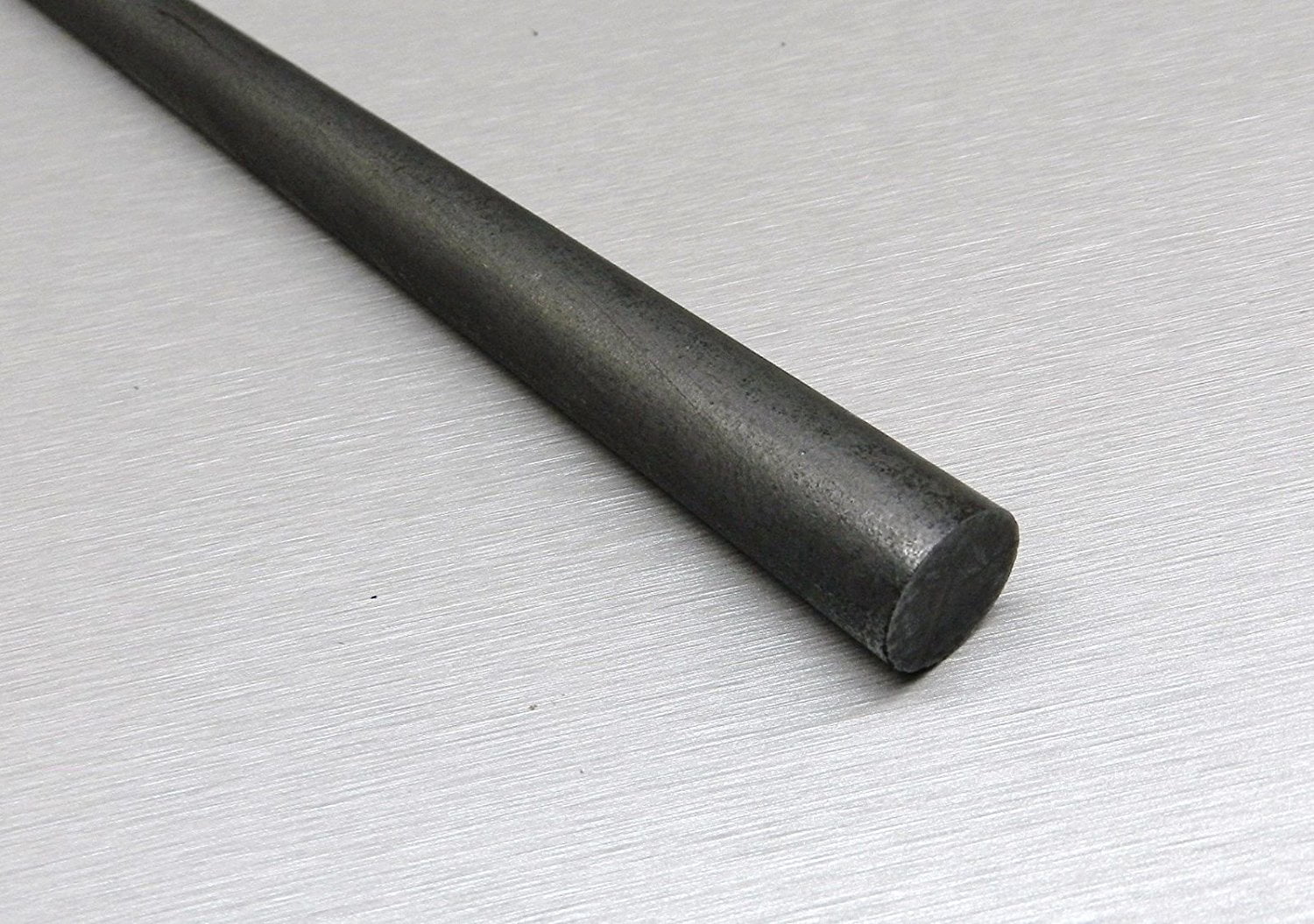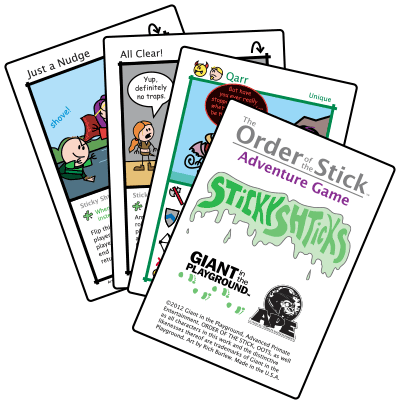

Your cleric has a list of spells and knows every spell on the cleric spell list, yes you read that right. You're also what's called a prepared spellcaster, which can take some getting used to.

The higher your Wisdom is, the better your spell attacks will be and the more difficult it will be to resist your effects. Starting off simply, clerics are Wisdom based, which means your spell attack modifiers and spell save DC is based on your Wisdom modifier. Cleric SpellcastingĬlerics are primarily spellcasters, and you'll need to get a hang of your spells even if your main tactic is going to be swinging a sword around. Healing, tanking, DPS of both the melee and ranged flavors, even scouting and playing the party face, if you want to play it there's a way to mold your cleric into it.īefore we get into the builds and options, we should go through the fundamental features that define the cleric. This all shakes out into a very powerful class that mechanically can fit any role you'd care to play. Unlike warlocks that make pacts with powerful beings, clerics are gifted their powers by their devotion, their actions, and their willingness to fulfill their destiny in the name of their holy benefactor. How exactly these magical powers work depends a lot on the deity, which means a cleric can be anything from the cheerful healer of a benevolent god of prosperity to the battle-crazed berserker of a blood god. What Are Clerics?Ī cleric is a devout follower of a deity and is so favored by that divine being that they gain magical powers. Grab your holy texts and vestments and make a quick prayer as we go through everything you need to know in this complete cleric guide for dnd 5e. Clerics can heal, stab, blast, and pray their way through D&D and what was once a boring playstyle is now a combination of anything you want it to be.

Devout servants of powerful deities, clerics used to be the party heal bot but in 5th edition they ascend to greatness as one of the most powerful and versatile spellcasters in the game.


 0 kommentar(er)
0 kommentar(er)
